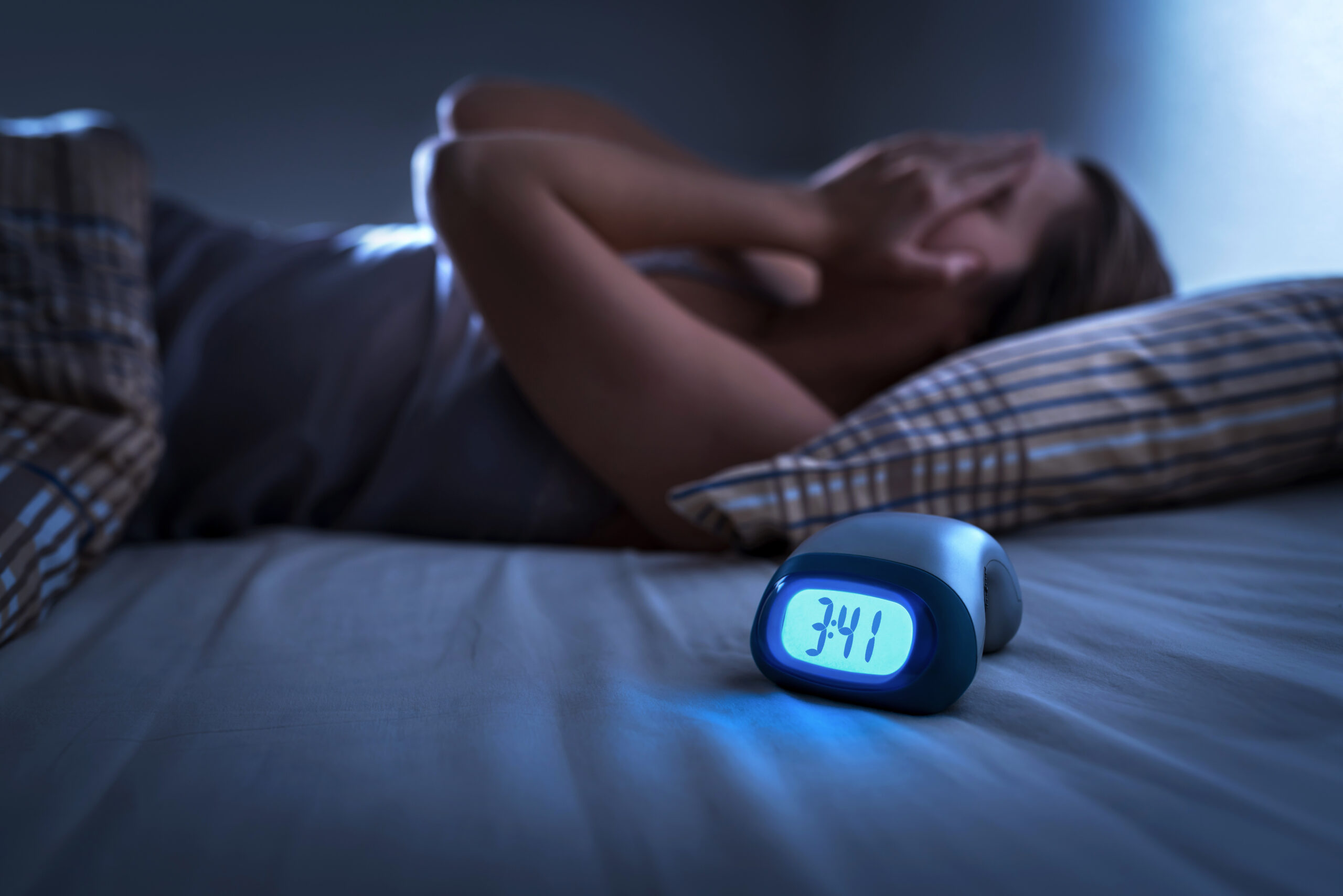Around 35% of adults and 69% of high school students in the United States get less than 7 hours of sleep every day. These values continue to increase: between 2013-2017, around five million more Americans reported having trouble falling or staying asleep. Adults who get an insufficient amount of sleep are more likely to report life-threatening disorders such as heart attack, stroke, diabetes, and depression. By ensuring that everyone gets 7-8 hours of good-quality sleep, the prevalence of these unhealthy habits and life-threatening disorders could be reduced.
How can we help people get a sufficient amount of high-quality sleep? One method currently being investigated is acupressure, a technique in which pressure is placed on certain points in the body to alleviate pain. Acupressure was developed from acupuncture, a traditional Chinese medical technique that involves the insertion of thin needles at certain pressure points on your body. Both techniques are thought to stimulate the body’s nervous system, which may allow the body to heal faster from physical, mental, and emotional pain. However, acupuncture can cause bodily damage if inserted incorrectly; therefore, this article will discuss acupressure, a less invasive method that is theorized to have the same physiological effect. Acupressure has been suggested to be helpful in relieving pain, lowering levels of anxiety, and reducing fatigue.
Acupressure, an ancient Chinese treatment that involves the application of pressure to certain points of the body, has been shown to lower anxiety, relieve pain, and improve sleep quality.
Image Source: Group4 Studio
Studies are currently investigating the effects of acupressure on sleep quality and latency, or how long it takes someone to fall asleep. A recent study performed a meta-analysis on other studies investigating acupressure and sleep quality; in other words, the paper gathered the data collected from thirteen different studies and analyzed them together. This analysis found that there was an overall improvement in sleep latency and quality for those using acupressure. People who were treated with acupressure were more likely to fall asleep sooner and didn’t wake up as often while sleeping. In addition, the study found that acupressure worked for populations that had a weaker body, such as the elderly or those on dialysis. Additional studies suggest that it can also be used to improve the sleep quality of those with insomnia.
However, there are some drawbacks to the studies analyzed. Each study has different criteria for recruiting participants, measuring sleep quality, and analyzing their results. These differences prevent meta-analyses from proving that acupressure can improve sleep quality. In addition, some of the studies asked the patients to describe their own sleep quality, which can be subjective. For instance, patients could report better sleep quality if they knew they were getting acupressure treatment, even if there was no real change in their sleeping habits. Some studies also allowed the researchers to know what treatment they were administering to the patients, which gives them the opportunity to manipulate the data to support their conclusions. To get conclusive evidence for the benefits of acupressure, further studies must be done where neither the participant nor the researcher is aware of which study group they are in.
Image Source: terovesalainen










